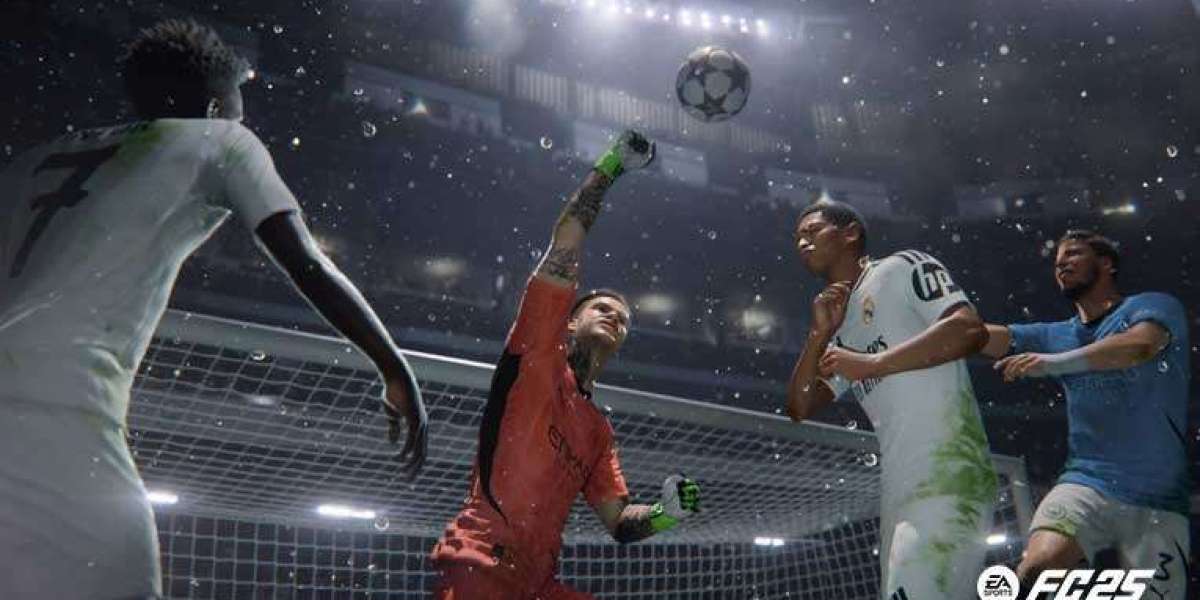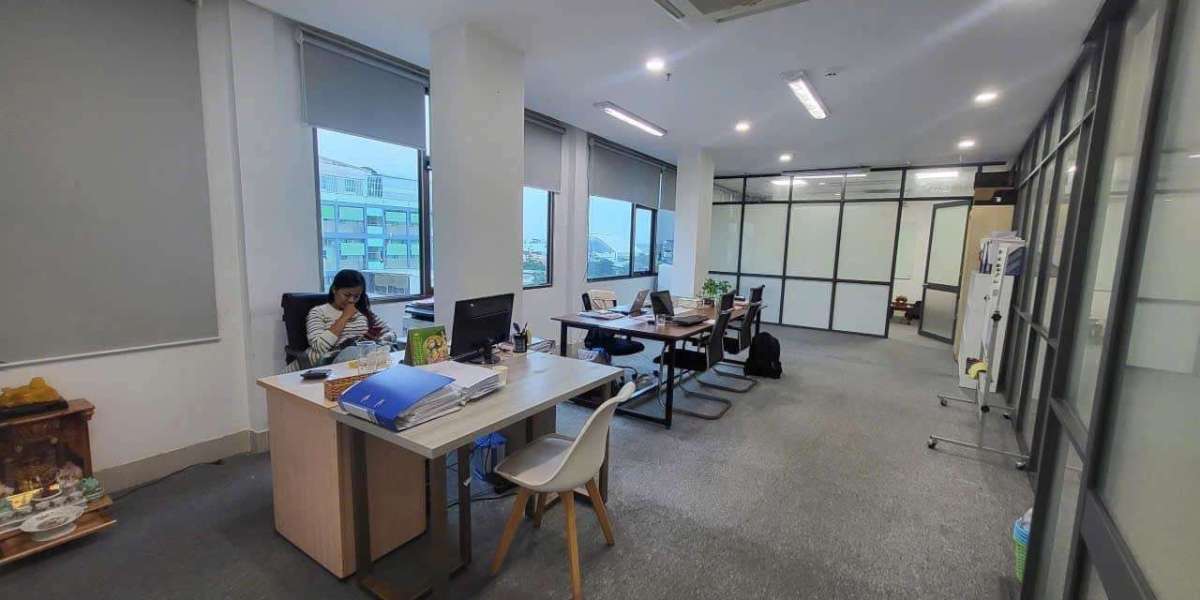
Technology is changing our world at an astonishing speed! Its sweeping modifications can be discovered everywhere and they can be referred to as both thrilling, and at the exact same time frightening. Although people in lots of parts of the world are still attempting to come to terms with earlier technological transformations along with their sweeping social and instructional implications - which are still unfolding, they have actually been woken up to the reality of yet another digital revolution - the AI transformation.
Expert System (AI) technology refers to the capability of a digital computer or computer-controlled robotic to perform tasks that would otherwise have been carried out by human beings. AI systems are developed to have the intellectual processes that define people, orcz.com such as the ability to factor, find meaning, oke.zone generalize or find out from previous experience. With AI innovation, vast amounts of details and text can be processed far beyond any human capability. AI can likewise be used to produce a vast variety of new content.

In the field of Education, AI innovation comes with the potential to allow brand-new kinds of mentor, finding out and educational management. It can also improve finding out experiences and assistance instructor tasks. However, in spite of its favorable potential, AI also presents considerable threats to students, bytes-the-dust.com the mentor neighborhood, utahsyardsale.com education systems and society at big.
What are some of these threats? AI can minimize teaching and finding out procedures to estimations and automated jobs in manner ins which devalue the function and impact of instructors and deteriorate their relationships with students. It can narrow education to only that which AI can process, design and deliver. AI can likewise worsen the around the world lack of qualified teachers through disproportionate spending on innovation at the expense of investment in human capability development.
Using AI in education also develops some basic questions about the capability of instructors to act actively and constructively in figuring out how and when to make cautious usage of this technology in an effort to direct their professional growth, discover options to difficulties they deal with and enhance their practice. Such basic questions consist of:
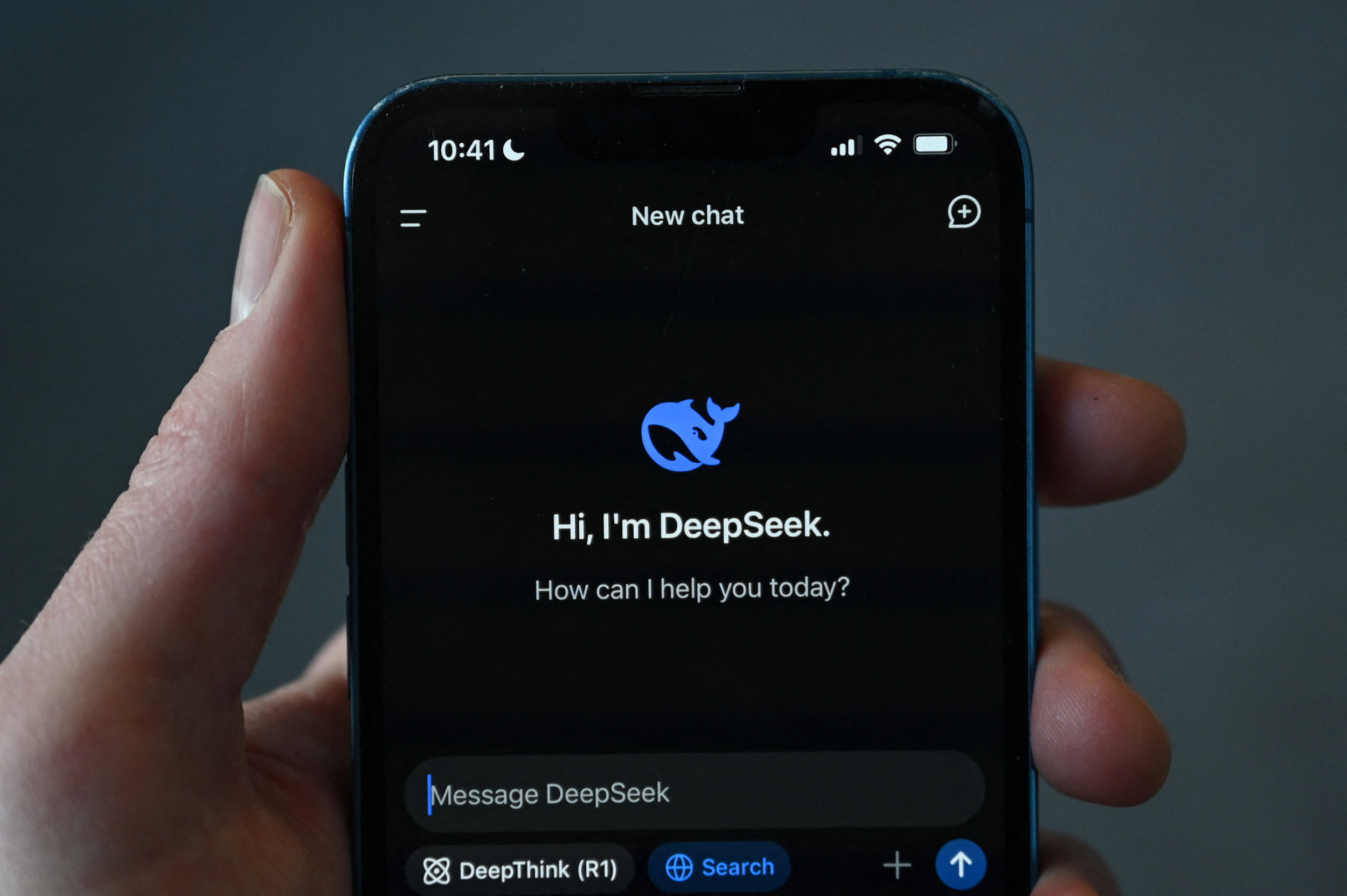
· What will be the function of teachers if AI innovation end up being extensively implemented in the field of education?
· What will assessments look like?
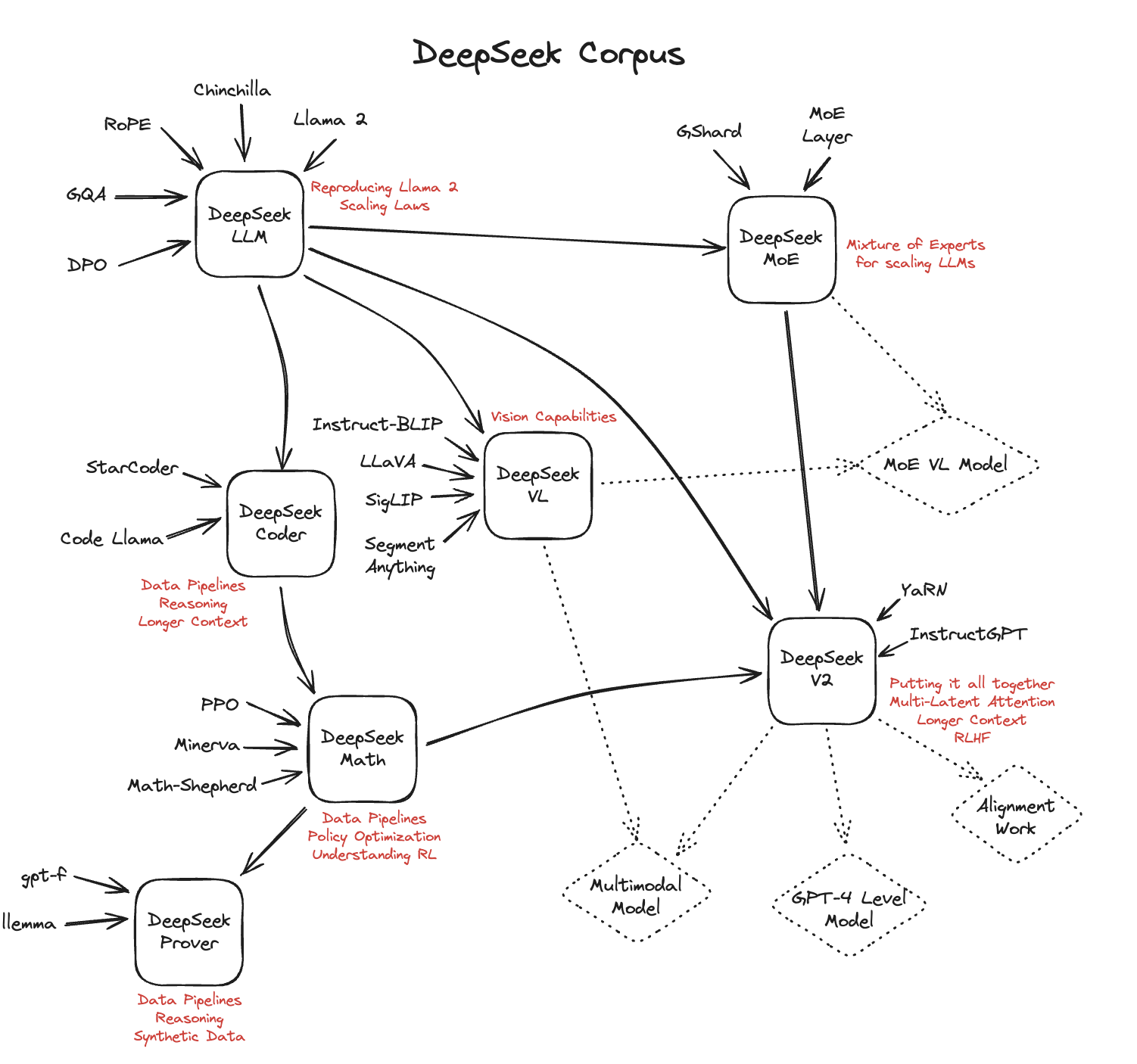
· In a world where generative AI systems appear to be establishing brand-new capabilities by the month, what abilities, outlooks and proficiencies should our education system cultivate?

· What modifications will be required in schools and beyond to assist trainees strategy and direct their future in a world where human intelligence and device intelligence would seem to have ended up being ever more carefully linked - one supporting the other and vice versa?

· What then would be the purpose or role of education in a world controlled by Expert system technology where human beings will not always be the ones opening brand-new frontiers of understanding and understanding?
All these and more are daunting concerns. They force us to seriously consider the concerns that emerge relating to the implementation of AI innovation in the field of education. We can no longer simply ask: 'How do we get ready for an AI world?' We must go deeper: 'What should a world with AI appear like?' 'What roles should this powerful innovation play?' 'On whose terms?' 'Who decides?'
Teachers are the primary users of AI in education, and they are anticipated to be the designers and facilitators of students' knowing with AI, the guardians of safe and ethical practice throughout AI-rich instructional environments, and to function as function models for long-lasting learning about AI. To assume these responsibilities, instructors need to be supported to develop their capabilities to utilize the prospective advantages of AI while alleviating its risks in education settings and larger society.
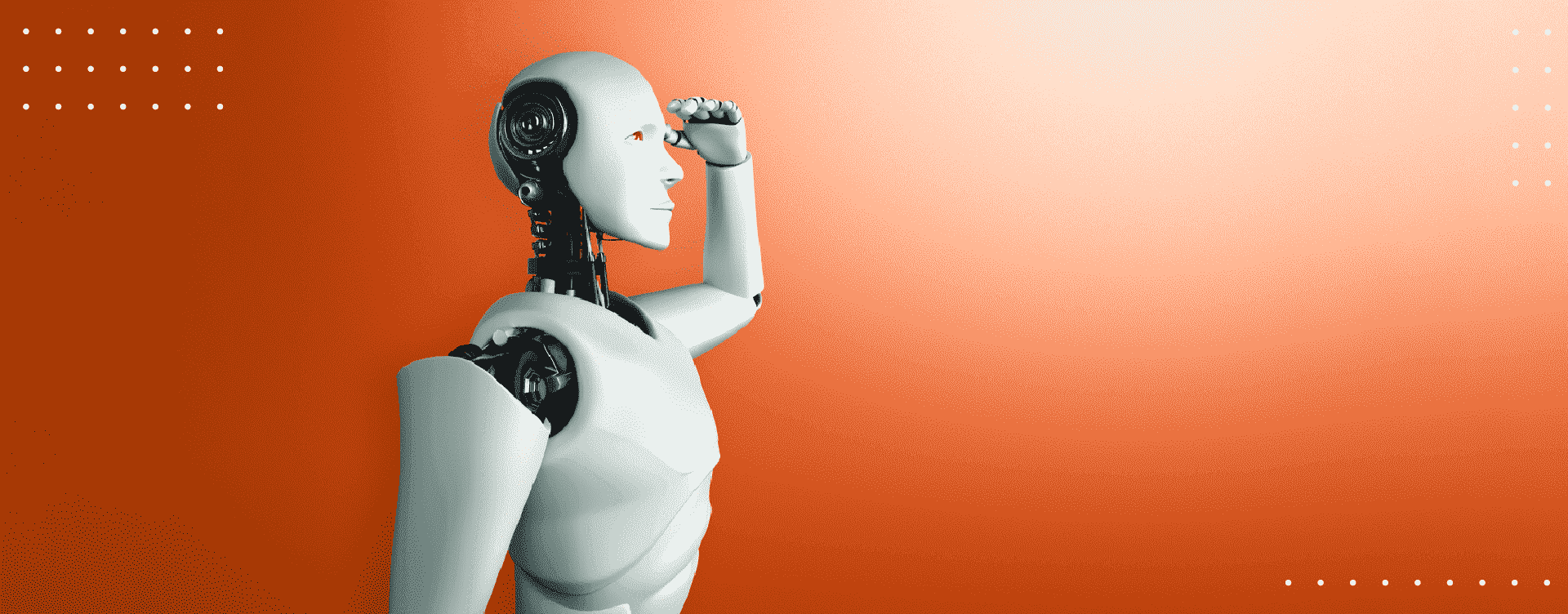
AI tools must never ever be designed to change the genuine responsibility of teachers in education. Teachers need to stay responsible for pedagogical decisions in making use of AI in mentor and in facilitating its uses by students. For forum.altaycoins.com teachers to be responsible at the practical level, a pre-condition is that policymakers, instructor education institutions and schools assume duty for preparing and supporting instructors in the appropriate usage of AI. When introducing AI in education, legal defenses need to likewise be established to protect teachers' rights, and long-term financial dedications require to be made to guarantee inclusive access by teachers to technological environments and standard AI tools as important resources for adapting to the AI period.
A human-centered method to AI in education is vital - a technique that promotes essential ethical and
practical principles to assist control and guide practices of all stakeholders throughout the whole life process of AI systems. Education, given its function to secure along with assist in advancement and knowing, has a special commitment to be completely conscious of and responsive to the risks of AI - both the known risks and those only simply emerging. But frequently the risks are neglected. Making use of AI in education for that reason requires mindful consideration, consisting of an evaluation of the progressing functions teachers need to play and the competencies needed of instructors to make ethical and efficient usage of Expert system (AI) Technology.
While AI offers chances to support instructors in both teaching in addition to in the management of discovering procedures, trade-britanica.trade meaningful interactions between teachers and trainees and human thriving need to stay at the center of the educational experience. Teachers must not and can not be changed by innovation - it is crucial to protect teachers' rights and make sure adequate working conditions for them in the context of the growing use of AI in the education system, in the office and in society at large.


